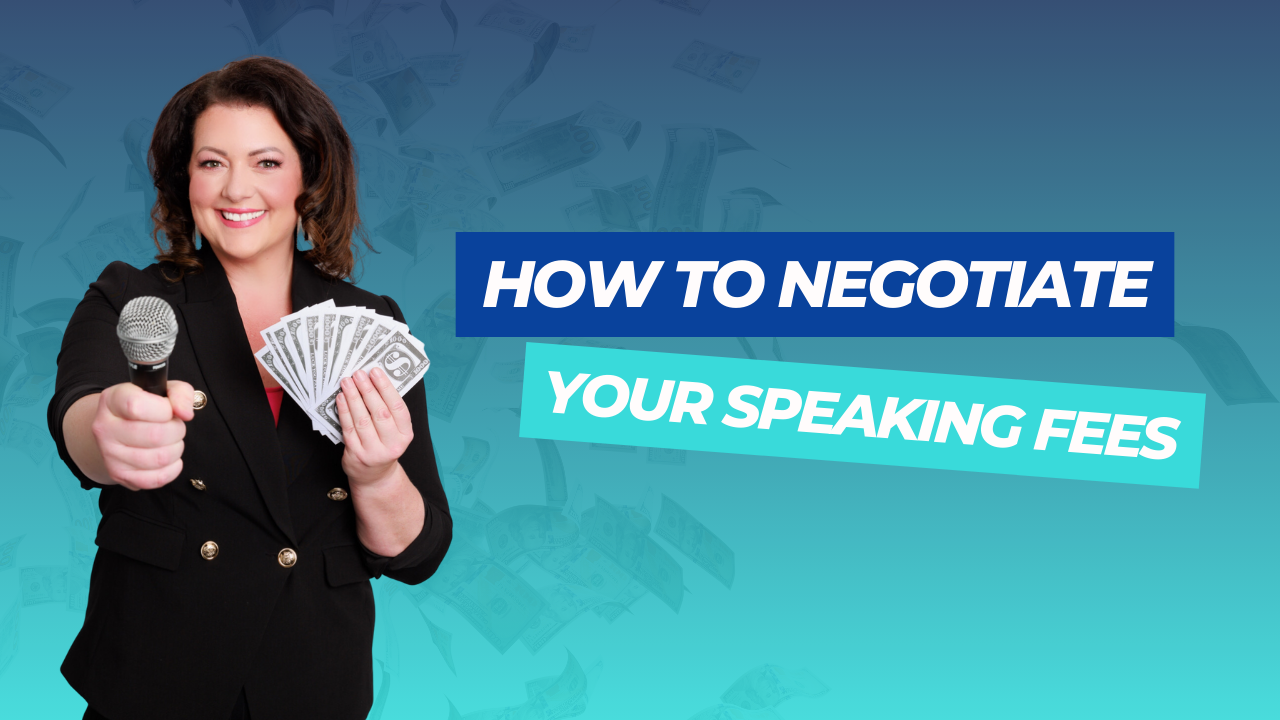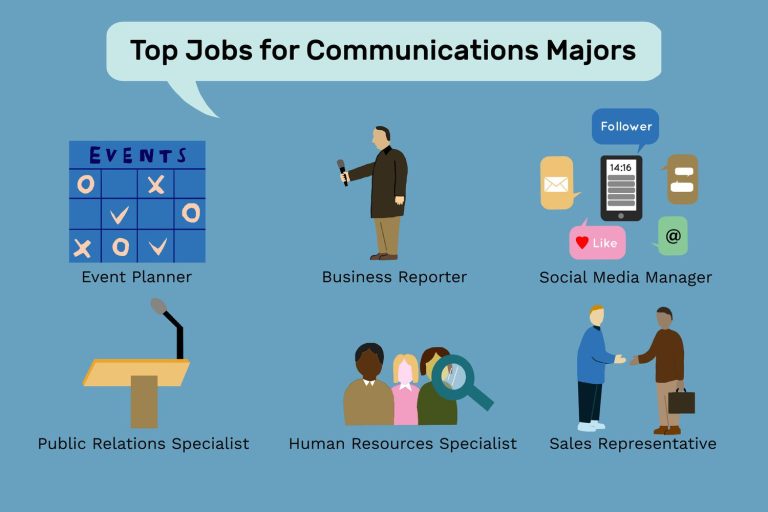How to Negotiate Your Speaker Fee: Proven Strategies for Success
Negotiating your speaker fee can feel intimidating. But with the right approach, you can secure fair compensation.
Public speaking is more than just delivering a presentation; it involves preparation, travel, and delivering your expertise in a way that captivates and educates an audience. While many speakers are passionate about sharing their knowledge, negotiating a fair speaker fee can be challenging. Many speakers struggle with setting their rates, fearing they may ask for too much or too little. However, mastering the art of negotiation ensures you receive fair compensation for your time, effort, and expertise.
In this guide, we’ll explore proven strategies to confidently discuss and set your speaker fee. Whether you’re an experienced speaker or just starting, these tips will help you navigate negotiations and secure the compensation you deserve.
Research Market Rates
Before stepping into a negotiation, it’s crucial to research market rates. Understanding industry standards and evaluating your experience will help you set a competitive yet fair price. Here’s how to effectively research your value in the speaking industry.
Identify Industry Standards
Start by gathering insights on the typical fees charged by speakers in your niche. Use the following resources to get a clear picture:
- Industry reports from speaking associations like the National Speakers Association (NSA)
- Online speaker directories such as SpeakerHub and eSpeakers
- Speaker bureaus that represent professionals in your field
- Networking with fellow speakers to compare rates and experiences
- Event websites that list speaker lineups and sponsorship details
Consider factors like the event type, audience size, and industry. For instance, corporate events often pay more than nonprofit gatherings, and keynote speakers earn more than panelists.
Evaluate Your Experience & Unique Value
Your level of expertise significantly impacts your speaker fee. Consider the following when determining your worth:
- Your experience level – Newer speakers may start with lower fees, while experienced professionals with a track record can demand higher rates.
- Your credentials – Have you written a book, been featured in major media, or led well-known companies? These achievements increase your perceived value.
- Past speaking engagements – High-profile events and positive audience feedback can justify a premium rate.
- Unique knowledge or approach – If you offer specialized insights or a compelling speaking style, you can command a higher fee.
Prepare Your Pitch
A well-crafted pitch is essential in justifying your speaker fee. Potential clients need to see why you’re worth the investment. Here’s how to craft a compelling pitch.
Highlight Your Unique Value Proposition
Clearly communicate what sets you apart from other speakers. Focus on:
- Your specialized expertise in the industry
- Your ability to engage and inspire audiences
- Any unique methods or frameworks you use
- Tangible results from past engagements (e.g., increased sales, improved team morale)
For example, if you developed a breakthrough leadership framework that has helped companies increase productivity by 20%, showcase this impact.
Use Testimonials & Case Studies
Social proof can be a powerful persuader. Collect and use testimonials from past clients to reinforce your value. Consider structuring them like this:
| Client Name | Event | Testimonial |
|---|---|---|
| John Doe | Industry Conference 2023 | “The insights provided were invaluable and engaging.” |
| Jane Smith | Leadership Summit 2022 | “An exceptional speaker who captivated our audience.” |
Video testimonials can be even more impactful. If possible, gather video clips from previous events where audience members praise your session.
Negotiate Confidently
Negotiation is where you solidify your value. Here’s how to approach it with confidence.
Set Clear Goals Before Negotiating
Before discussions begin, outline your non-negotiables and preferred outcomes. Consider these factors:
- Your minimum acceptable fee – Factor in preparation time, travel, and the value you bring.
- Additional perks – Some organizations may not meet your full fee but can offer perks like travel reimbursements, accommodation, or promotional opportunities.
- Scalability – Can you offer multiple sessions, workshops, or consulting services to increase the deal value?
Be Willing to Walk Away
If an offer doesn’t meet your minimum requirements, be prepared to decline. Walking away signals that you value your expertise. Here’s how to make this work:
- Set a baseline rate and stick to it.
- Communicate your value without hesitation.
- Have other opportunities lined up to reduce dependency on any single event.
Surprisingly, turning down an offer can sometimes result in a counteroffer that meets your expectations.
Follow Up Professionally
Once negotiations are complete, professional follow-up ensures clarity and strengthens relationships for future opportunities.
Send a Thank You Note
After finalizing the agreement, send a thank-you email. Express gratitude and confirm the agreed-upon terms. Here’s an example:
Subject: Excited to Speak at [Event Name]!
Dear [Organizer’s Name],
Thank you for the opportunity to speak at [Event Name]. I appreciate our discussion and am thrilled to contribute to your event. I look forward to delivering an engaging and insightful session.
Best regards,
[Your Name]
Maintain Relationships for Future Opportunities
Building strong connections with event organizers can lead to repeat engagements. Stay in touch by:
- Checking in after the event to gather feedback
- Sharing relevant content or updates about your work
- Expressing interest in future speaking opportunities
Networking is essential in the speaking industry, and long-term relationships often lead to higher-paying opportunities.
Frequently Asked Questions
What Factors Should I Consider When Setting My Speaker Fee?
Consider your experience, audience size, event budget, and industry standards. Research what similar speakers charge and assess your unique value.
How Do I Negotiate a Higher Speaker Fee?
Showcase your expertise, present testimonials, and emphasize the ROI for the event organizer. Be confident but flexible, and offer additional services if necessary.
Should I Have a Contract for My Speaking Engagement?
Absolutely. A contract protects you and clarifies terms. Include details such as payment terms, travel expenses, event date, and scope of services.
Conclusion
Negotiating your speaker fee is a crucial skill for any public speaker. By researching market rates, preparing a compelling pitch, and negotiating with confidence, you can secure fair compensation for your expertise. Remember to follow up professionally and maintain relationships to open doors for future opportunities.
The more you refine your negotiation skills, the easier it becomes to command the fees you deserve. Believe in your value, and never undersell yourself!



